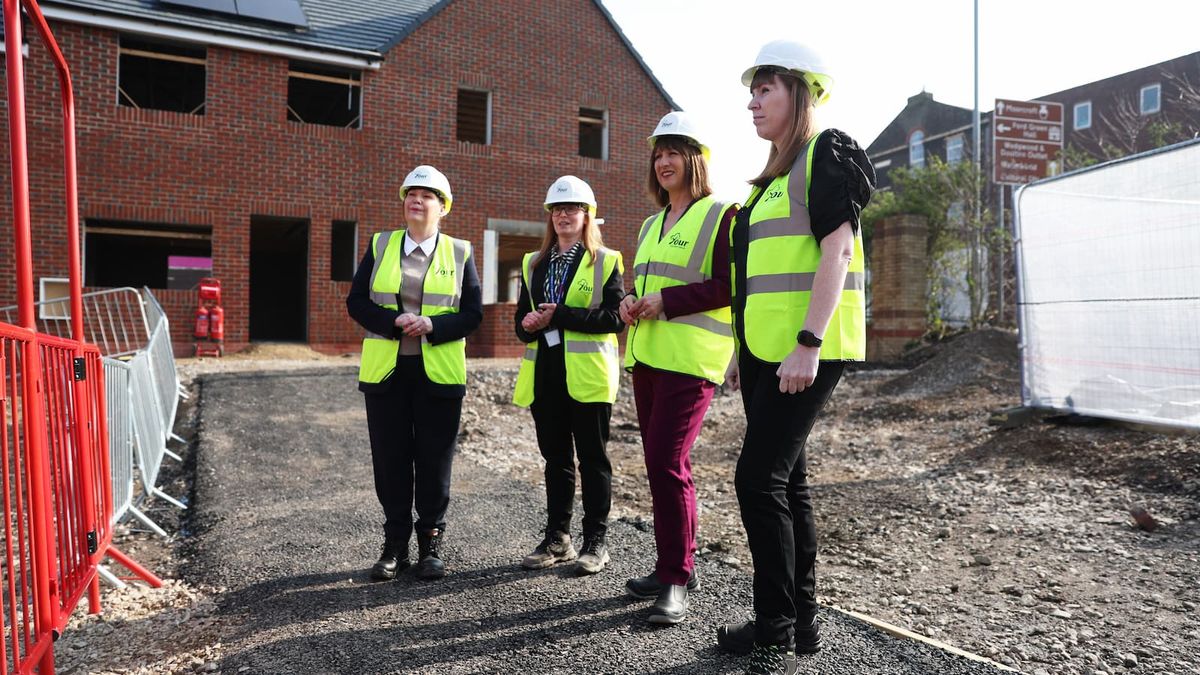The government has pushed back the implementation of the Building Safety Levy from autumn 2025 to autumn 2026.
This comes after the government was criticised by homebuilding groups, particularly the Home Builders Federation (HBF) who said the move would seriously discourage housing construction.
The levy, designed to fund building safety improvements, will now give developers and local authorities an extra 18 months to prepare for the new building regulations, but the HBF remains critical of the measure.
What is the Building Safety Levy?
The Building Safety Levy is a government tax on new residential developments in England, including private homes and purpose-built student accommodation.
The revenue will help fund the remediation of unsafe buildings, following safety failures highlighted by the Grenfell Tower fire.
According to the government’s latest consultation response, local authorities will collect the levy and return the funds to central government quarterly.
The charge will be based on floorspace and adjusted by regional house prices to protect development viability. Discounts will be available for brownfield developments, while exemptions will apply to affordable housing, care homes and small developments with fewer than ten units.
Bring your dream home to life with expert advice, how to guides and design inspiration. Sign up for our newsletter and get two free tickets to a Homebuilding & Renovating Show near you.
The Building Safety Levy specifically impacts:
- Building Regulations 2010 – Particularly those concerning fire safety (Approved Document B), structural integrity (Approved Document A), and materials used in construction.
- Regulations on Building Control Applications – Any new residential development requiring a building control application will be subject to the levy unless exempt.
HBF calls for suspension over housing market fears
The HBF has been vocal in its opposition to the levy, warning that it will stifle housing delivery, particularly for small and medium-sized developers (SMEs).
In a recent letter to the Chancellor, signed by over 100 home builders, the federation argued that the tax could worsen the ongoing housing crisis by adding thousands of pounds to the cost of each new home.
The HBF also highlighted that home builders have already contributed over £6 billion toward building safety remediation, including through an existing 4% Corporation Tax precept. By contrast, major product manufacturers, some of whom were heavily criticised in the Grenfell Tower Inquiry, the HBF claim have yet to contribute financially.
Neil Jefferson, Chief Executive of the HBF, described the levy as a “grossly unfair” burden on developers, arguing that additional costs will make many housing projects unviable.
Why the government delayed the levy
The decision to delay the levy follows concerns about its impact on housing supply. In its response, the government stated that postponing the rollout until autumn 2026 would allow councils, developers and the Building Safety Regulator more time to adjust.
Ministers also acknowledged the need for local authorities to receive grant funding to cover the administrative costs of collecting the levy. Additionally, they cited economic uncertainty and a declining rate of housebuilding as factors influencing the delay.
By pushing back the implementation, the government hopes to avoid disruption to housing projects while still ensuring funds are raised for building safety improvements.
HBF says “a step in the right direction, but not enough”
While welcoming the delay, the HBF remains frustrated that the government is moving ahead with the levy rather than seeking contributions from product manufacturers.
Jefferson warned that the tax would ultimately hurt homebuyers by increasing the cost of new homes. “The delay is a recognition that these additional costs will constrain housing supply, but it is disappointing that ministers are still pressing ahead with this unfair levy,” he said.
The HBF continues to call for a full impact assessment before implementation, warning that without further changes, the policy could severely damage housing supply at a time when the government is already failing to meet its homebuilding targets.
View the original article and our Inspiration here


Leave a Reply